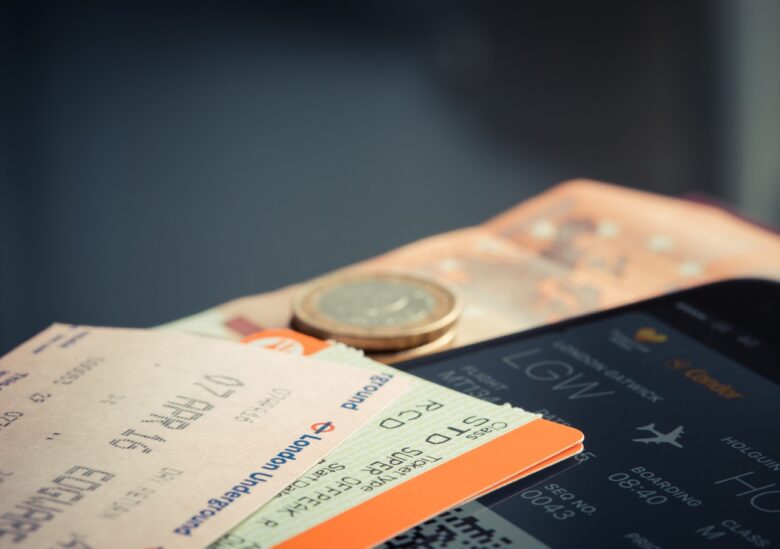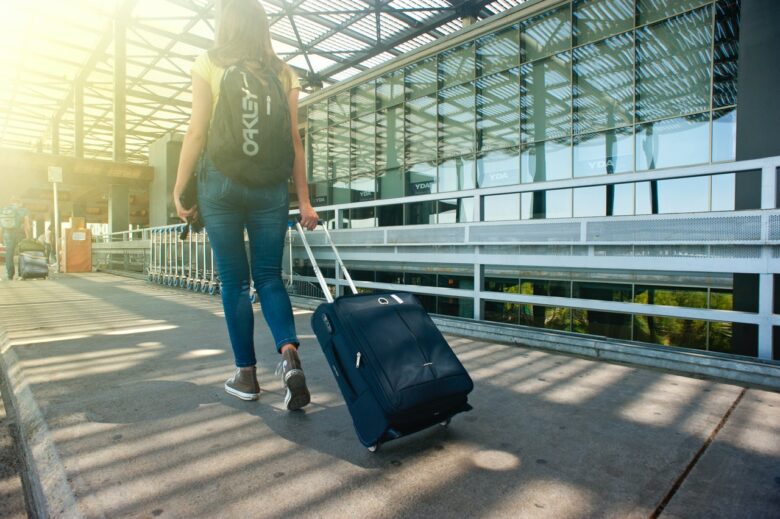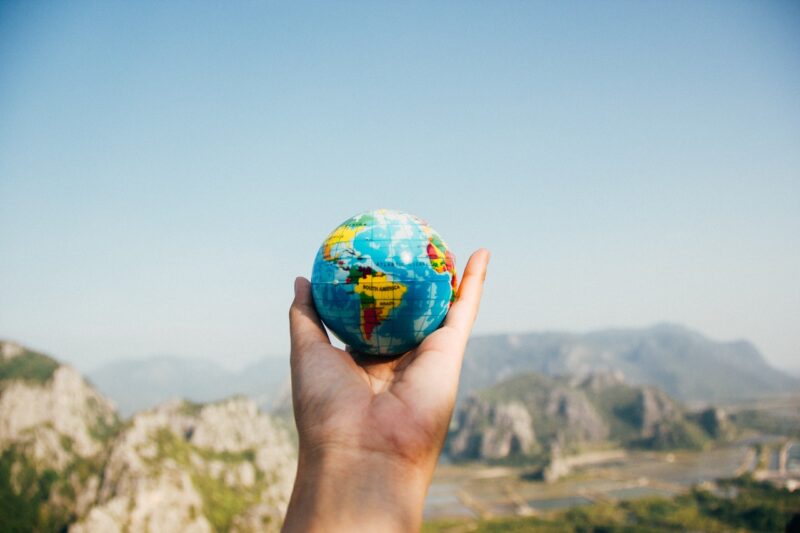Traveling abroad during the coronavirus pandemic is restricted in most countries, or you can leave yours and enter another under special conditions, that require different documents and proofs that you are eligible for that. Due to the restrictions, and closed borders and airports, you can’t just take your passport and go somewhere, no matter what the purpose of the trip is. Every country has restrictions, so they can protect the population from spreading the coronavirus. But, as we can see, there are some exceptions, for example for diplomatic purposes, medical tourism, or even vacations, under very strict conditions.
Many popular destinations are still closed, especially if the pandemic hits harder there. Traveling for non-essential purposes is forbidden, and no one can fly or drive over the borders if there isn’t a strong reason behind it. But, if you have to, and you have an allowance to do that, then you must follow these tips and rules, to protect yourself and other people at the board:
1. Never leave without your needed documents

Due to the current situation, you need to have proof for a negative PCR test, not older than 24, 48, or 72 hours, depending on the requirements. Also, you have to be completely vaccinated, since the vaccines are now available. Travel insurance is a must, just like it was previously, and the best thing is that you can get it online at globelink, by providing your personal data information, as required. This document will prevent huge expenses if you need immediate healthcare in the country you aren’t resident. The insurance policy is different now, and you can choose coronavirus coverage too, but additional fees can be charged.
2. Respect the laws of the country you travel to
If they require quarantine, you should plan that in advance. All needed information is provided on the websites of the Ministries of foreign affairs, including the special conditions and relationships between the two countries. But, it’s your responsibility to isolate yourself for a few days, until you are sure you didn’t get infected during the trip. At the moment of arriving, you may be asked to do an airport or border speed test, and don’t try to skip that step, even if you have proof for a negative PCR test.
3. Don’t travel the next day after vaccination

When you take your shot, you should isolate yourself, because you can develop COVID-like symptoms, since your immune system will create antibodies against the weakened virus. That’s a pretty normal reaction to vaccines, and if you plan to travel abroad, you have to get the regular vaccine and revaccinate before you leave your country. And there can be a few weeks or months between them, and in situations like this, even the diplomatic or business trips should be planned a few months in advance. So, if you got your vaccine a few days ago, be responsible, and take your time to let the body adapt to it, and create the proper immune response. Until then, you are at a potential risk to get infected or spread the virus rapidly.
4. Avoid crowds and wear your mask properly
We are already more than one year in a state of the pandemic, but people still wear the masks improperly, without covering the mouth and nose, leaving an “open door” for the virus to get in their body. Not keeping a proper distance is another bitter problem we are all facing, even though it’s been one year, and we needed to only respect these two simple rules when we have to go outside. So, if you have to travel internationally, don’t breathe in the neck of the person in front of you – literally! Take your space, and give them enough space to breathe, because the masks are pretty unpleasant, but we are still wearing them. Be respectful of the recommendations, and don’t fight with the flight attendants if they say you are breaking some rule with your behavior.
5. Be aware of the activities that can put you at higher risk

Before you travel, you have to avoid family gatherings, even small wedding celebrations or birthdays, sports events, going to the gym, and using public transport. Some of these things can be crucial for your everyday life, but if you have to travel, no matter what the purpose is, you must protect yourself 10-14 days from every potential exposure to the virus. Most of the flight companies, buses, trains, and car transport are respectful of the restrictions, and you should be too.
6. Clean and disinfect all the surfaces in the hotel or apartment
Once you arrive, you have to clean the surfaces you will use once again, just in case. Most of the hotels and capacities are aware of the situation, and they are taking additional steps to protect the health and well-being of the visitors, but a little more attention won’t hurt anyone. If you can, take your pillowcase, and use your slippers. Disinfect the bath once again before you use it. Do the same with the doorknobs. It may seem like you are panicking, but it’s for your protection. Also, if your nose is runny due to allergies or dust, don’t leave the tissues all around the room. Throw them in the trash can properly, so you won’t expose anyone at risk.
Today we have vaccines and advanced medicines in the fight against the coronavirus, but it doesn’t mean we need to lower our protection actions. The situation is far from good, and nothing is yet clear. New vaccines are developed, produced, and tested every day, waiting for approval. Once the population is vaccinated and gets a global immunity, we can say that the pandemic is over. Usually, the World Health Organization will claim that. But, until then, we must be respectful of the measures, and not take any actions that include leaving the country, if it’s not needed. Think about your health, and the condition of your family. You surely don’t want to risk their lives just because you need a few days off in some country that lets the tourists in without any strict restrictions.


